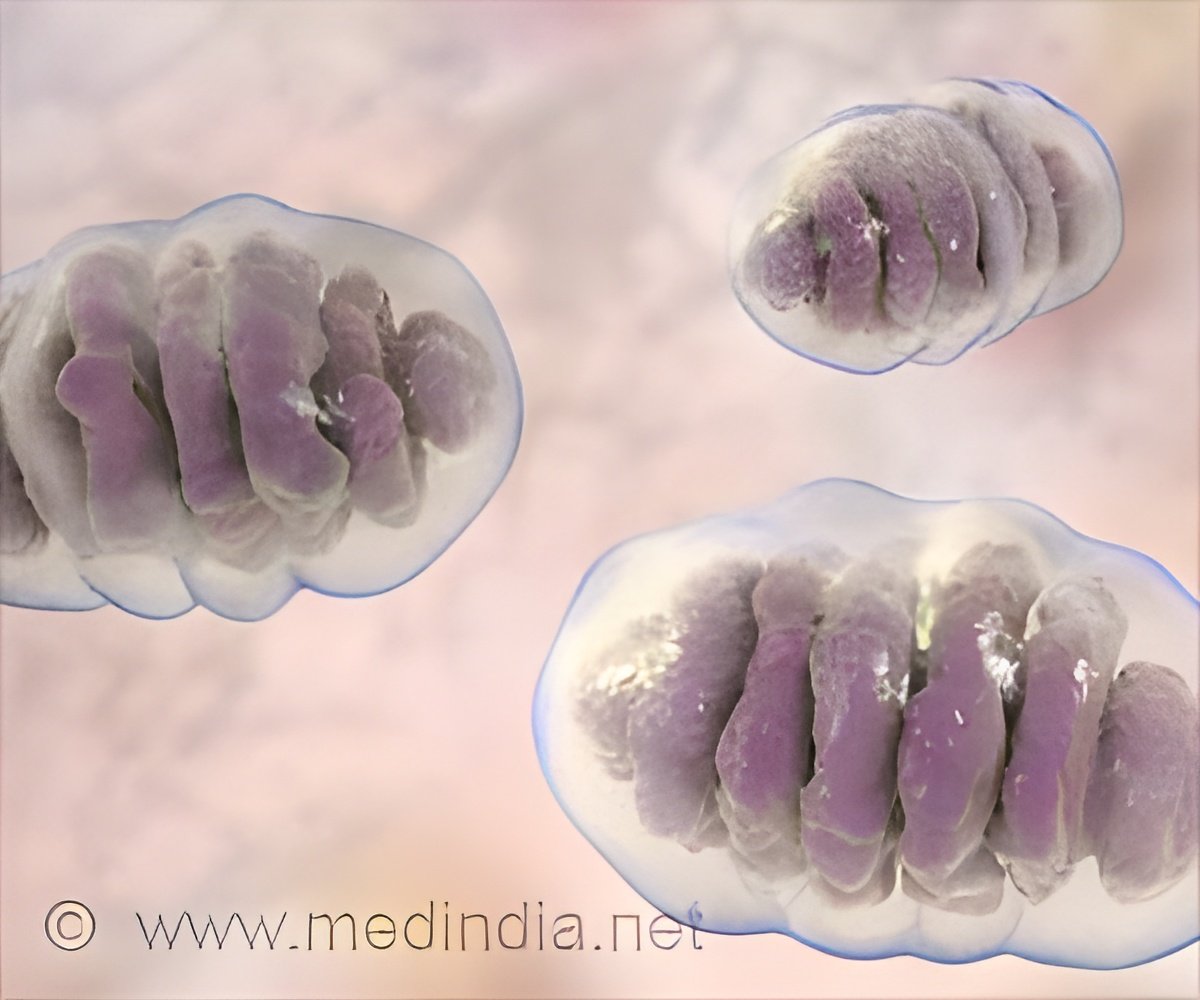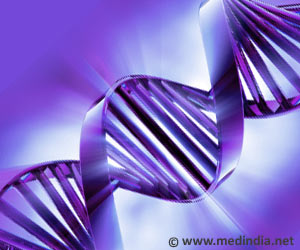
‘A new treatment is developed that metabolically reprograms the mitochondria by giving them an alternate source of fuel- hydrogen sulfide for the treatment of mitochondrial disorders. The treated animals lived longer and were physically active.’
Read More..Tweet it Now
Mitochondria generate energy needed to carry out different chemical reactions in the cell. Mitochondrial disorder occurs when mitochondria fail to produce the energy required for the body to function properly. They are not able to utilize food and oxygen to generate energy for the normal cell function. It is an inherited disorder and the symptoms include muscle weakness, poor growth, and developmental delays. There is no cure but medications can help manage the symptoms.Read More..
The Experiment
The scientists used novel drugs being developed at the University of Exeter that can ‘metabolically reprogramme’ mitochondria by giving them an alternative fuel source to generate metabolic energy in the form of small quantities of hydrogen sulfide.
The scientists used microscopic worms- C. elegans having specific genetic mutations affecting their energy production. The mutations were similar to mutations that cause human diseases such as Leigh Syndrome.
They found that by administering the new compounds to these worms, the energy production required to keep them healthy and active normalized or improved.
Advertisement
One of the authors of the study professor Tim Etheridge, of the University of Exeter said, "The worms used in this study had genetic defects in how their mitochondria regulate cellular energy production to model different human mitochondrial diseases. The novel compounds we are developing at the University of Exeter are able to bypass some of these defects and keep the worms, and their mitochondria healthy. We know this because we saw improvements in physical activity and improvements in muscle and mitochondrial integrity. The animals also lived for longer after treatment but more importantly, they remained active for longer, because of metabolic reprogramming."
Advertisement
Lead author of the study, professor Matt Whiteman, of the University of Exeter said, "For the first time, we have demonstrated that our new molecules have successfully metabolically reprogrammed, or rescued, cells in animals with genetic defects in their mitochondria. We're currently testing newer and more potent molecules able to do the same task, through slightly different approaches, and we're looking for commercial partners to help our efforts to progress our molecules through to clinical testing."
Source-Medindia











